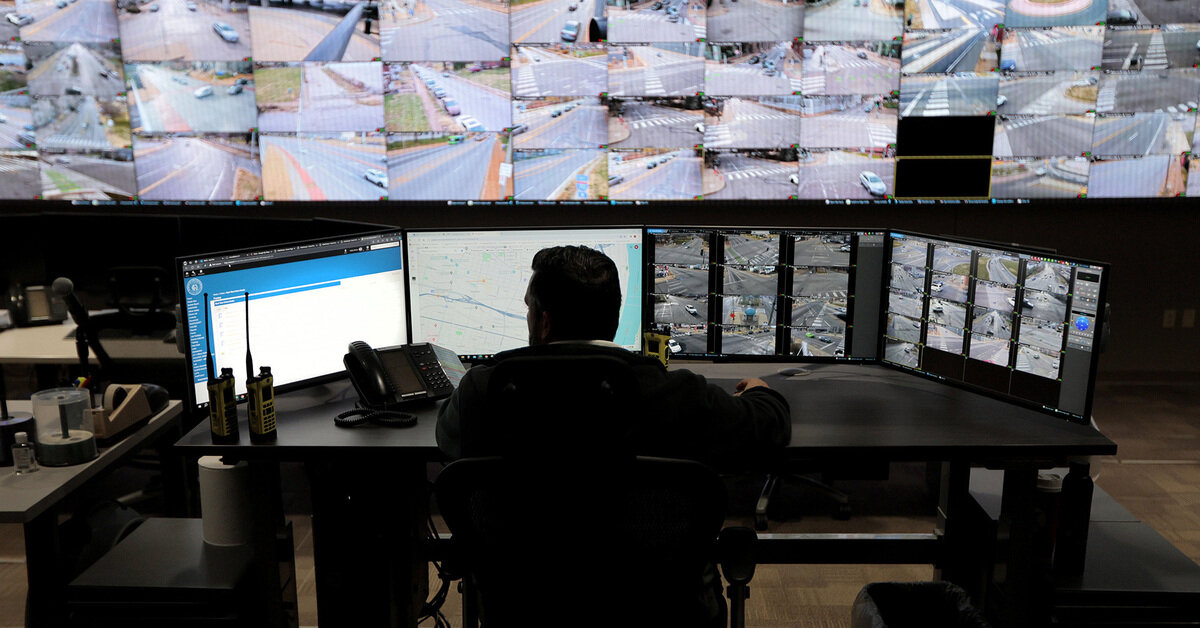Private security footage is nothing new to criminal investigations, but two factors are rapidly changing the landscape: huge growth in the number of devices with cameras, and the fact that footage usually lands in a cloud server, rather than on a tape.
When a third party maintains the footage on the cloud, it gives police the ability to seek the images directly from the storage company, rather than from the resident or business owner who controls the recording device. In 2022, the Ring security company, owned by Amazon, admitted that it had provided audio and video from customer doorbells to police without user consent at least 11 times. The company cited “exigent circumstances.”



Does anyone have a rec for something you can buy and selfhost beyond a pi setup?
Any closed circuit security systems, ones that aren’t cloud based will come with an NVR (like a DVR) that hosts your recordings locally. Most are wired but some support wireless as well. Generally more expensive but in my opinion worth it.
My mom bought a simple setup for I think 3 or 400 dollars at Costco.
INAL but law enforcement can still request or subpoena your video if they suspect a crime has been witnessed by your cameras AFAIK. But at least you’ll know about it.
Thanks! Very helpful to start looking!
For “commercial but free” There is AxxonOne (was AxxonNext) But free only allows 4 cameras. However this is better than all the FOSS choices in terms of what it can do (and so it should, more than 4 cameras or face detection, fire etc costs money).
For FOSS there is:
Lots of options but you will need some baremetal or a decently powered server and hypervisor to run in a VM.
deleted by creator